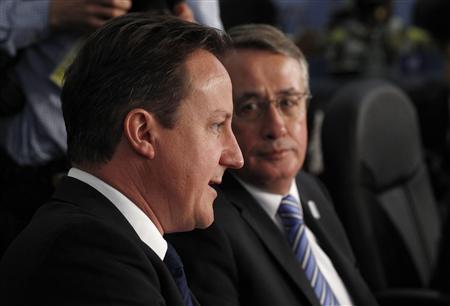
The Treasury is studying the phase out of accelerated depreciation and research and development tax breaks for some industries for the Gillard government to deliver its promise of a budget surplus by 2012-13.
Treasurer Wayne Swan said the government's business tax working group is considering the accelerated depreciation phase out for the mining, oil and gas, and aviation industries, and removal of the R & D tax concession for large firms.
The Australian reports that the working group is expected to report to Mr Swan in the next two weeks and recommend allowing businesses to carry back losses for two to three years, but with a $1-million cap on the loss amount. It would be available to incorporated entities only and exclude sole traders, partnerships or trusts. In 2010-11, accelerated depreciation concessions reached $925 million.
The government is also considering the abolition of the diesel fuel rebate for miners and the Greens are pressuring the government to remove as well the tax concession for exploration. If the R &D tax concessions would be cut to 37.5 per cent from 40 per cent for firms with turnover of over $20 million, the government would save about $500 million.
If the diesel fuel rebate for the mining industry would be removed, the government will save almost another $2 billion and if the exploration concessions would be removed it would save another $300 million.
To further boost government revenue and achieve a budget surplus, the government expects to raise $10.5 billion from the mining industry on the first three years of the minerals resource rent tax.
Mr Swan said the planned removal of the high depreciation deduction affects tax receipts from the mining industry. As a result, only about 15 per cent of corporate tax receipts come from the mining companies which account for 30 per cent of corporate gross operating profits.
Opposition Treasury spokesman Joe Hockey belittled the treasurer's talk of a tough budget.
"Every year he promises a tough budget, every year the budget deficit just gets bigger and Australians pay a big price for it.... There is one thing we agree with the government on, that is it is time to have a budget surplus. The difference is they'll promise it and never deliver it; the coalition will always deliver a surplus," The Australian quoted Mr Hockey.
The coalition also warned that besides big business, middle class welfare will likely also be cut.
"What is middle class welfare? Is Medicare middle class welfare? Is the Pharmaceutical Benefits Scheme middle class welfare?" Opposition leader Tony Abbott asked.
"What the government calls middle class welfare is actually a fair go for families with kids.... Wayne Swan yet again is going through his pre-budget routine, promising us that it's going to be tough. Well, he does this every year," Mr Abbott said.
Instead of a feared cut in middle class welfare, Australia Council of Social Service head Cassandra Goldie said the government must instead hike spending for Australians in need. She pushed for another $50 per week for the jobless and unemployment payments indexed to real wages.

















